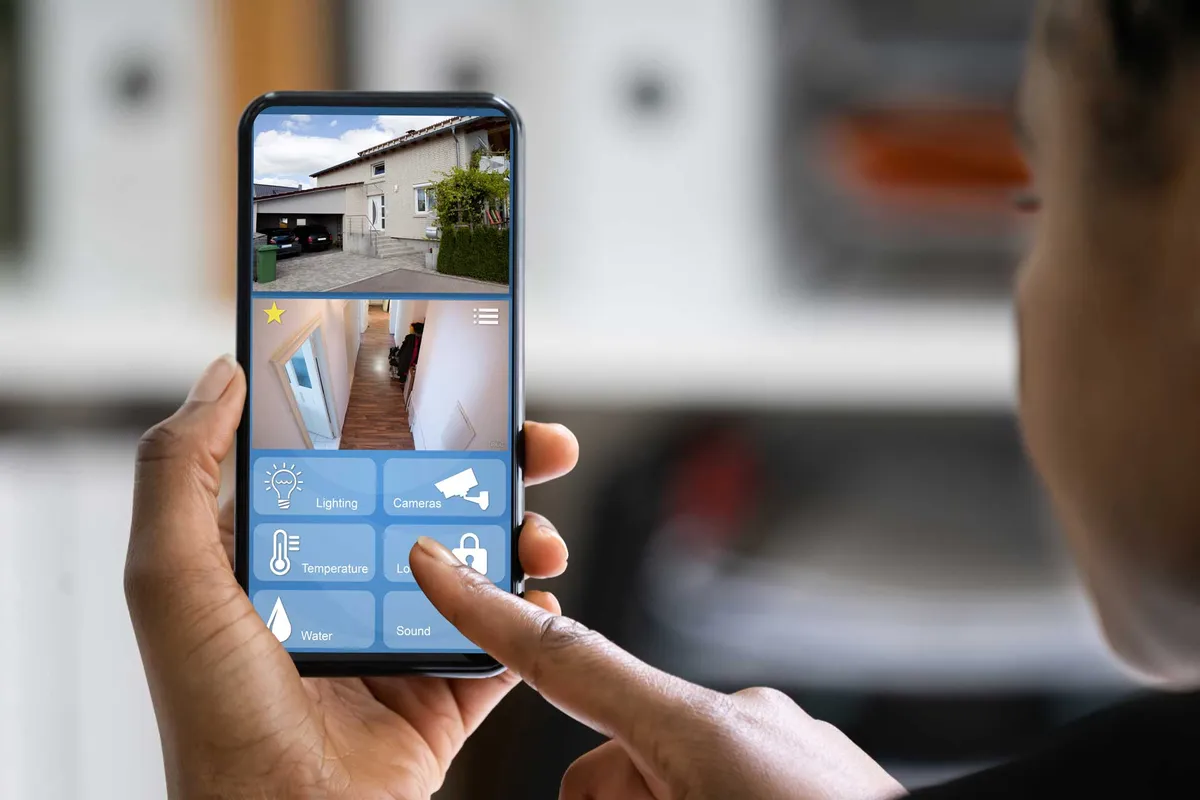The Psychology of Home Security: Understanding Intruder Behavior and Deterrence Techniques

Many homeowners place a high value on the safety and security of their houses. As we seek to secure our homes and loved ones, it is critical to understand the psychology of home security. Understanding prospective invaders’ mindsets and behaviors allows us to deploy effective deterrent measures that protect our houses. In this post, we will delve into the interesting area of home security psychology, shining light on burglar motivations and examining various deterrent techniques.
The Intruder’s Point of View
 To understand home security psychology, we must first understand the thinking of prospective invaders. Many thieves are motivated by a mix of motivations, including financial gain, opportunity, and desperation. They frequently seek out simple targets, such as houses that seem defenseless or unsecured. Understanding their intentions might assist homeowners in identifying weak areas and taking necessary safeguards.
To understand home security psychology, we must first understand the thinking of prospective invaders. Many thieves are motivated by a mix of motivations, including financial gain, opportunity, and desperation. They frequently seek out simple targets, such as houses that seem defenseless or unsecured. Understanding their intentions might assist homeowners in identifying weak areas and taking necessary safeguards.
Environmental and Situational Factors
Intruders rely on specific environmental and situational cues when selecting potential targets. Factors such as poor lighting, lack of visible security measures, and unoccupied homes make properties more appealing to burglars. By analyzing these elements, homeowners can make informed decisions about enhancing their home security, including the installation of proper lighting, visible deterrents, and the use of timers to create the illusion of occupancy.
Psychological Deterrence Techniques
 The employment of psychological deterrent methods is one successful way to home security. These techniques are designed to deter possible intruders by giving the appearance that the property is well-protected and watched. Among the most prevalent psychological deterrent strategies are:
The employment of psychological deterrent methods is one successful way to home security. These techniques are designed to deter possible intruders by giving the appearance that the property is well-protected and watched. Among the most prevalent psychological deterrent strategies are:
- Visible Security Measures: The installation of visible security cameras, alarm systems, and surveillance signs can be effective deterrents. Intruders are less likely to target a well-protected residence.
- Building close relationships with neighbors and engaging in community watch groups can help to build a feeling of collective alertness. Intruders are less likely to target houses in tight-knit communities where they may be recognized and reported.
- Home Occupancy Illusion: Using strategies that provide the appearance of an inhabited home, like as setting lights on timers, playing recorded noises, or utilizing smart home automation, might dissuade possible attackers who favor vacant targets.
Home Security Technology
Advancements in technology have revolutionized home security systems, providing homeowners with a wide array of options to protect their properties. From smart surveillance cameras and motion sensors to smart locks and remote monitoring, these technologies offer convenience, peace of mind, and an additional layer of defense against intruders. Integrating technology into a comprehensive home security plan can significantly enhance deterrence and response capabilities.
Alarm Systems and Behavioral Analysis
To detect suspicious behaviour and trigger appropriate reactions, behavioral analysis techniques can be used in combination with alarm systems. Alarm systems that are outfitted with powerful sensors and analytics can detect strange behavior patterns, such as several failed entrance attempts or unusual movements within the property. When possible dangers emerge, homeowners may take immediate action and warn authorities by combining technology and behavioral analysis.
Education and Public Awareness
Community-wide home security education and awareness can help to develop a culture of safety and alertness. Giving residents information on typical entry tactics, preventive measures, and the necessity of reporting suspicious behavior may all help to make their community a safer place. Education campaigns, workshops, and community outreach initiatives can all be effective techniques for increasing home security awareness.
Conclusion
Understanding the psychology of home security and adopting effective deterrent measures is critical for homeowners who want to safeguard their homes and loved ones. Homeowners may dissuade possible burglars by taking a proactive approach and remaining updated on intruder behavior, environmental variables, and the newest security systems. The psychology of home security may help discourage criminals, provide peace of mind, and ensure the protection of our houses.
